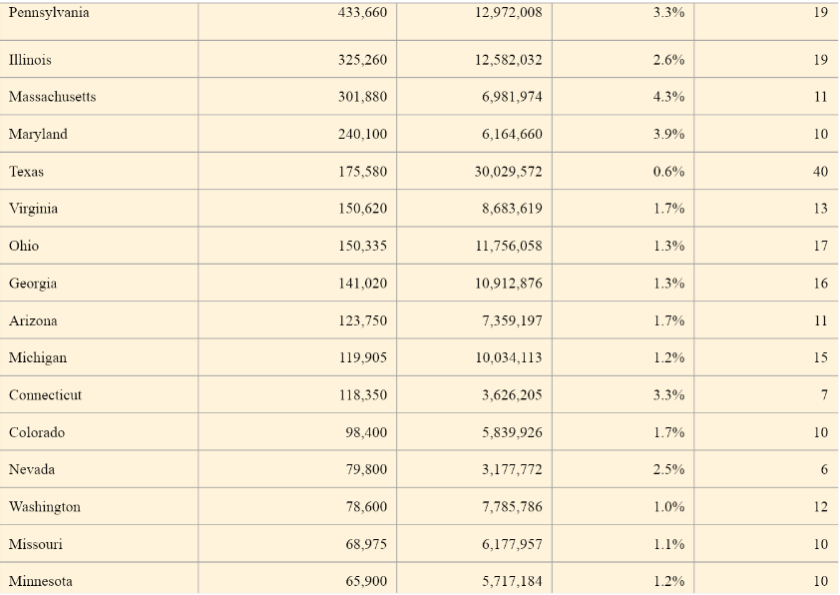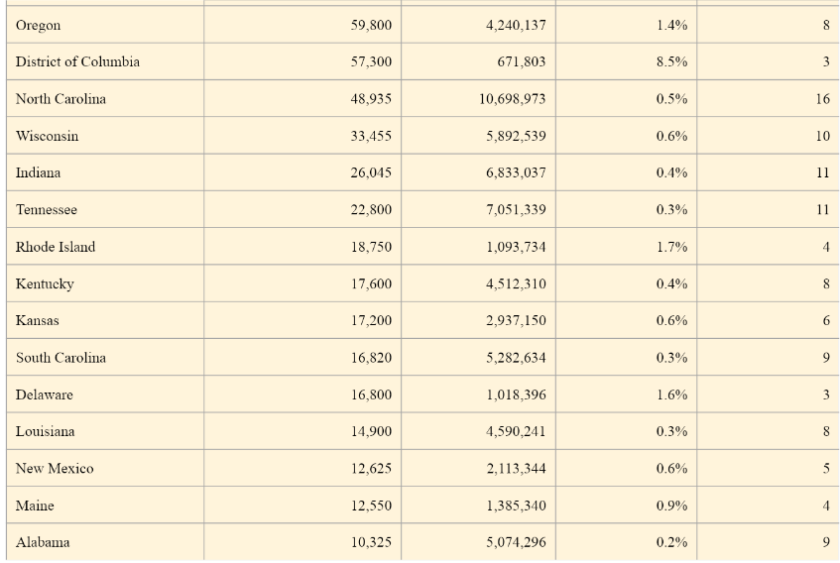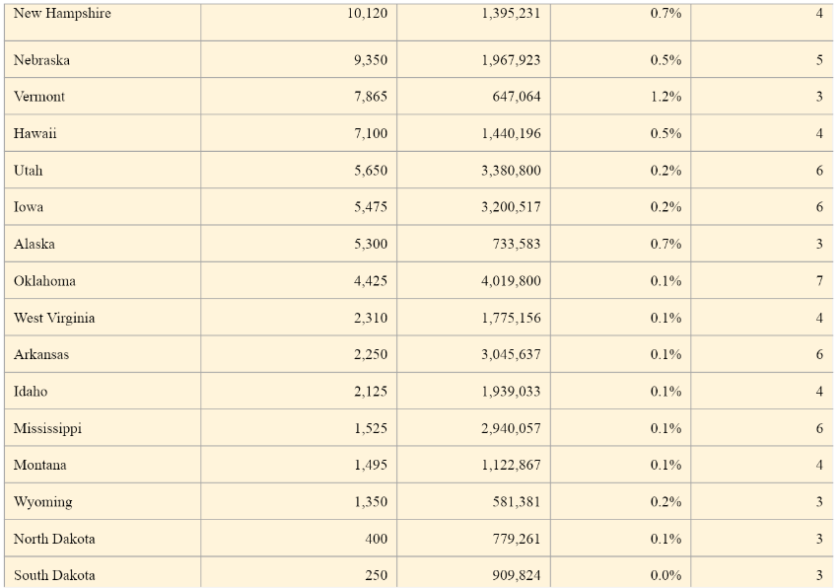Part 7: A Journey Through American Jewish History

Part 1: Can Muslims Impact US Elections?
Part 2: How Evangelical Christians Shape U.S. Support for Israel?
Part 4: Evangelicals in the U.S: Population Statistics and State Rankings
Part 5: The Power Play of Zionist Influence in American Politics and the Defeat of Jamal Bowman
Part 6: Christians United for Israel: Overview and Controversies
American Jewish history began in 1654 when twenty-three Jews—men, women, and children—sailed into the Dutch colony of New Amsterdam (New York City) from Recife, Brazil, after Portugal recaptured it from Holland.
These refugees formed the first Jewish community in the New World. Initially, Sephardi Jews settled in New Amsterdam, and later significant Jewish settlements arose in the port cities of Newport, Philadelphia, Charleston, and Savannah.
In United States politics, Jews have experienced significant shifts in their political positions over time. Many early American German-Jewish immigrants tended to be politically conservative, while the wave of Eastern European Jews, starting in the early 1880s, were generally more liberal or left-wing, eventually becoming the political majority.
The divide between right and left correlates to the various religious movements among American Jews. The more socially conservative movements in American Judaism, like the Orthodox and various Haredi sects, tend to be politically conservative. In contrast, the more socially liberal movements, such as Conservative, Reform, and Reconstructionist, tend to be more politically liberal or left-leaning.
There are also numerous Jewish secular organizations at the local, national, and international levels that play an important role in the Jewish community, shaping its structure and dynamics. Most of the largest groups, such as Hadassah and the United Jewish Communities, have an elected leadership. No single secular group represents the entire Jewish community, leading to significant internal debate about the stances these organizations take on issues like anti-Semitism and policies regarding Israel.
In the United States and Canada today, the mainly secular United Jewish Communities (UJC), formerly known as the United Jewish Appeal (UJA), represents over 150 Jewish Federations and 400 independent communities across North America. Every major American city has its local "Jewish Federation," many of which have sophisticated community centers and provide services, mainly health care-related.
They raise record sums of money for philanthropic and humanitarian causes in North America and Israel. Other organizations, such as the Anti-Defamation League, American Jewish Congress, American Jewish Committee, American Israel Public Affairs Committee, Zionist Organization of America, Americans for a Safe Israel, B'nai B'rith, and Agudath Israel, represent diverse segments of the American Jewish community on various issues, showcasing the rich tapestry of the community.
Jewish Americans are involved in many important social movements, promoting issues such as workers' rights, civil rights, women's rights, gay rights, freedom of religion, freedom from religion, peace movements, and various other left-wing and progressive causes.
Presidential Elections
In the late 19th century, Jews, as small-town businessmen, were generally conservative Republicans, but they did not mobilize as a separate political faction. The new Yiddish-speaking arrivals in the early 20th century were much more radical.
For Congressional and Senate races, since 1968, American Jews have voted about 70–80% for Democrats. This support increased to 87% for Democratic House candidates during the 2006 elections.
Currently, there are nine Jews among the 100 U.S. Senators: eight Democrats (Michael Bennet, Richard Blumenthal, Ben Cardin, Brian Schatz, Chuck Schumer, Ron Wyden, Jacky Rosen, and Jon Ossoff) and one of the Senate's three independents (Bernie Sanders, who caucuses with the Democrats as well).
As of January 2023, 33 Jews are serving in the 118th Congress, a decrease of one from the 117th. They constitute 6% of that body’s members, three times the 2% of Jews in the general American population.
Jews have the highest voter turnout percentage of any ethnic group. While 2–2.5% of the United States population is Jewish, 94% live in 13 key electoral college states, which combined have enough electors to elect the president. Though the majority (60–70%) of the country's Jews identify as Democratic, Jews span the political spectrum and are described as "a uniquely swayable bloc" due to Republican stances on Israel.





Topics: American Jews, Us Elections 2024, Zionism
Related Suggestions

















